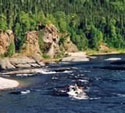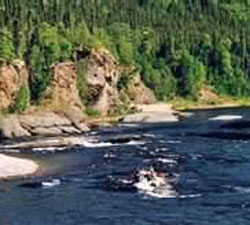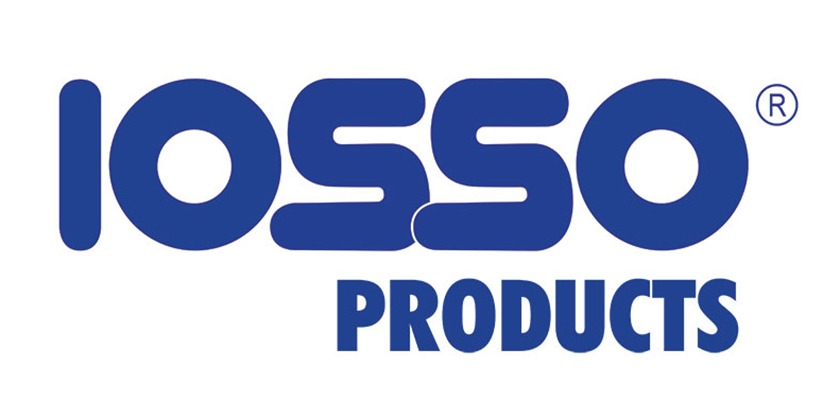Two SAR Volunteers Die in B.C. as Boat Overturns

 In a Canadian Press report, we learned that two search-and rescue-volunteers have died after a boating accident on a dangerous set of rapids on British Columbia's Sunshine Coast.
In a Canadian Press report, we learned that two search-and rescue-volunteers have died after a boating accident on a dangerous set of rapids on British Columbia's Sunshine Coast.
The two women died late Sunday morning, June 2nd on the Skookumchuk rapids, about 60 kilometres north of Sechelt, B.C. The RCMP said four members of the Royal Canadian Marine Search and Rescue were heading through the rapids in a boat when the accident occurred.
“We've since learned that two of the occupants passed away as a result of the accident,” said RCMP Sergeant Mike McCarthy.
Captain Annie Djiotsa, a spokeswoman for the Royal Canadian Navy, said the victims and the two survivors – both men – were in a rigid hull inflatable boat when it overturned. The rescuers who pulled the men to safety were members of the same volunteer organization and were in a nearby boat, Sgt. McCarthy said. The two victims were residents of Sechelt.
According to a Navy media release, the bodies of the deceased were found under the hull of the capsized boat, and the two volunteers were pronounced dead at about 1:15 p.m.
Peter Sly, fire chief of the Egmont and District Volunteer Fire Department, said he watched the rescue from his home and saw several boats trying to respond to the overturned inflatable.
Mr. Sly said the rescue lasted more than two hours and drew the Canadian Coast Guard vessel Cape Caution, a Buffalo aircraft, Cormorant helicopter, members of the Royal Canadian Marine Search and Rescue from Pender Harbour, B.C., as well as local boats. Mr. Sly said the area can become dangerous, especially when tides as large as 5.5 metres rush through the narrows of the local inlet.
At the time of the accident, the current was running at about 13 knots, Mr. Sly said.
“Several people have lost their lives over the years in the rapids,” he said.
Royal Canadian Marine Search and Rescue, formerly known as the Canadian Coast Guard Auxiliary, is a volunteer organization with more than 1,000 members and stations in 46 B.C. communities. The organization said it responded to 700 missions in 2011 and helped more than 850 people.





























